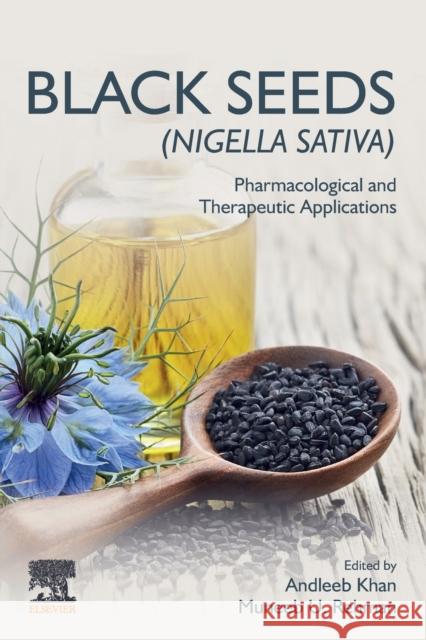Black Seeds (Nigella Sativa): Pharmacological and Therapeutic Applications » książka
topmenu
Black Seeds (Nigella Sativa): Pharmacological and Therapeutic Applications
ISBN-13: 9780128244623 / Angielski / Miękka / 2021 / 488 str.
Kategorie:
Kategorie BISAC:
Wydawca:
Elsevier
Język:
Angielski
ISBN-13:
9780128244623
Rok wydania:
2021
Ilość stron:
488
Waga:
0.64 kg
Wymiary:
22.86 x 15.24 x 2.49
Oprawa:
Miękka
Wolumenów:
01
Dodatkowe informacje:
Bibliografia











